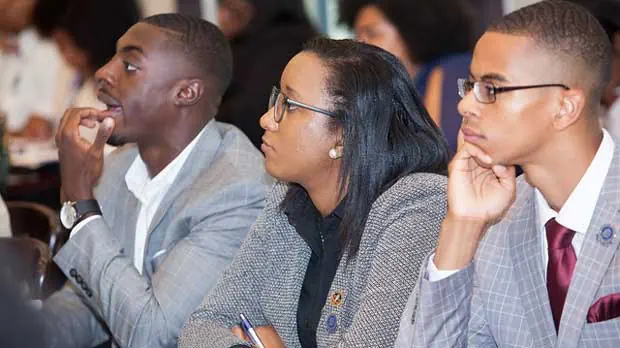
Source: The Atlantic
Historically Black Colleges and Universities serve a key role in higher education and in American society, producing the largest percentage of black professionals in the field of STEM, 80 percent of black judges, and 50 percent of black lawyers, as reported by The Atlantic.
Yet these schools, which make up less than 3 percent of all nonprofit four-year colleges, tend to be underfunded by the government, despite their incredible and obviously positive impact.
Leaders of these institutions say that their role is important in helping to continue to lift the community of black and African American young people in the U.S. Additionally, these institutions are also dealing with bringing to the forefront the challenges that are faced by black people in the U.S., including income inequality, especially for black women.
It should be in the interest of state governments and leaders to support HBCU, explains Wayne Frederick, President of HBCU Howard University, because of how much these institutions help preserve and improve diversity in the U.S.
He adds that some institutions have produced the highest number of black surgeons, doctors, lawyers, and if lose funding or dissipate, then those numbers suffer.
“All of a sudden we take a crisis and we turn it into an extinction in terms of seeing certain faces in certain fields” he told The Atlantic in an interview.
Read Full Story: The Atlantic
